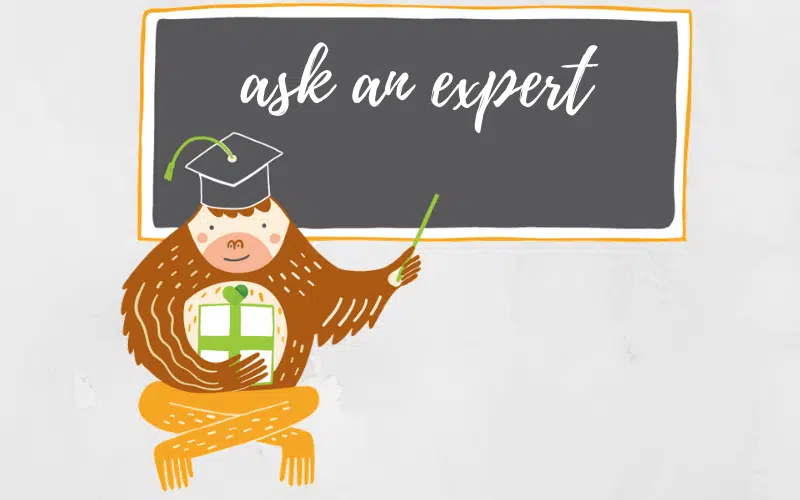[ASK AN EXPERT] Should I Publicize the Amount of a Major Gift?


Full Platform Overview Chat With Us



Full Platform Overview Chat With Us




Our Ask An Expert series features real questions answered by Claire Axelrad, J.D., CFRE, our very own Fundraising Coach, also known as Charity Clairity.
Today’s question comes from a fundraiser who needs advice on best practices around acknowledging and recognizing major gifts.
Dear Charity Clairity,
Good news! We’ve received the largest ever single gift to our organization, over $800,000. When sharing this news, should we mention the amount? As in, Mr. Smith’s gift of $800,000 will create an endowment to provide X every year. Or should we just say largest single gift, without the dollar amount? Our local university certainly announces seven figure gifts, with amounts.
— Seeking best practice
Dear Seeking,
Congratulations!
It’s terrific you’re thinking about how best to recognize this donation and this donor. Most organizations don’t think about this enough; they just take the money and run. So, kudos.
In terms of “best practice,” it’s always a good idea to consider what the donor (or the donor’s family if it’s a bequest) will think. Before I do anything in fundraising I try to ask myself: “What will the donor think? How will this make the donor feel?”
Generally you can simply ask them. Are they okay with you publicizing the gift? The amount? Talk to them about how grateful you are, how much good the gift will do, and how recognizing this gift with a special announcement may inspire others to consider making a similar gift. So, by letting you do this, they are accomplishing a second good deed!
Also take the opportunity to talk with them about what motivated their giving. What values of their own were they enacting? What legacy do they hope this gift will leave? Let them know you’d love to share some of their motivations with your community.
I’m a firm believer in proactively rewarding donors if you want them to give again and want others to follow their lead. Not everyone wants public recognition, but it’s worth remembering giving isn’t always its own reward. Donors, like all human beings, are on a continual quest for meaning. When your donor gives you value (money) and you don’t return value (usually something intangible that makes them feel good), they get cheated.
So definitely get in touch with the donor, the donor’s family or the donor’s representative to find out what would make them feel you’re acknowledging what the gift meant to them. The amount may or may not be important to them. It also may or may not be important to you.
Ask yourself: “What will be accomplished by publicizing the amount?” Depending on your size, when you were founded, numbers of donors and sizes of other gifts, you might think:
Endeavor to find a solution that meets everyone’s needs as much as humanly possible.
I hope this helps!
— Charity Clairity
Have a question for our Fundraising Coach?
Please submit your question here. Remember, there are no stupid questions! If you need an answer, it’s likely someone else does too. So help your colleagues by asking away. Please use a pseudonym, like “Seeking” did, if you prefer to be anonymous.

Comments